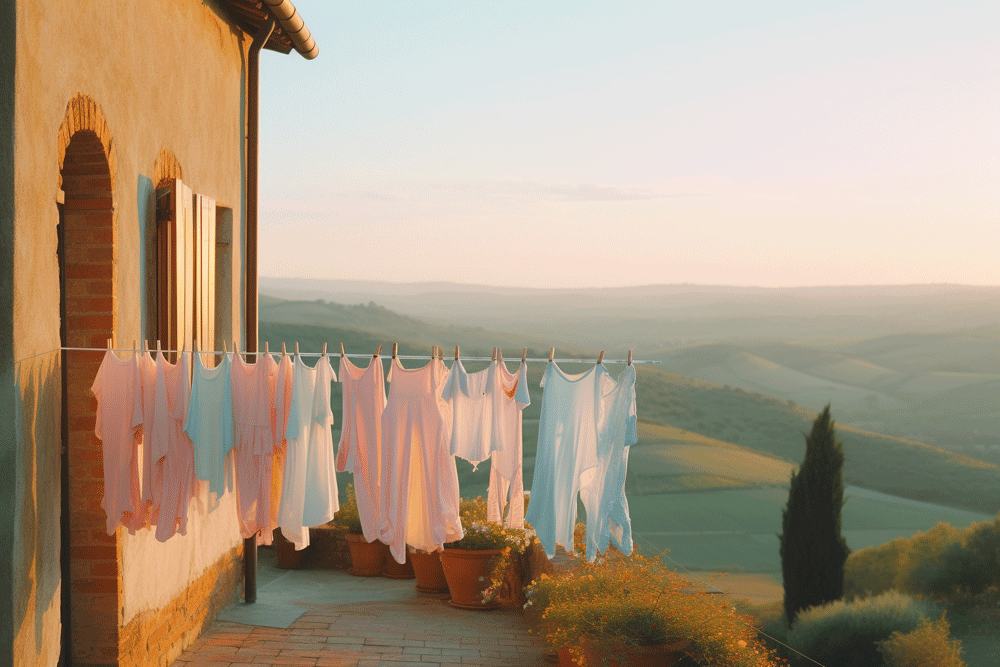
A trend I have noticed is authors using use the transitive form of a verb rather than the intransitive for past tense. (A bit hazy on my grammar here, so if I have my transitives and intransitives wrong, apologies.)
For example, the author might say:
“The light shined on the sword.”
Where I would write:
“The light shone on the sword.”
It’s not just shined/shone. Instead of “I woke early,” the protagonist says, “I waked early.” Instead of “I hung the washing on the line,” the protagonist says, “I hanged the washing on the line.”
I googled it and shined seems to be a common US usage, but I can’t remember coming across it in books before.
I’m noticing this more in stories on Kindle Unlimited. I don’t know if this trend is specific to self-publishing, whether it’s relatively new usage, or whether it’s just one of the differences between US and British usage and I haven’t noticed it before.
Which usage do you use?
14 replies on “A grammar question”
Same as yours and I’m in US – midwest. “The light shined on the sword” just sounds so wrong. I immediately thought what is it, a shiny shiny my precious sword?
🙂
I, too, would prefer to use an electric dryer rather than hanging my laundry to dry!
I would vote for “The light shone on the sword.” Admittedly, I lived in New Zealand and Australia until age ten, so my English is likely a mix of Australian/New Zealander/American.
🙂
There is a move underway (in the States at least) to regularize irregular verbs. This useage grates on me, I am used to the irregulars. It’s one of the charms of the English language after all.
Language simplification happens all the time (anyone read Chaucer lately) but the irregulars are definitely something I’m used to. Here in Australia I haven’t heard that we’re trending the same same way.
I’m in the US. I have noticed this and wince every time. My impression is that authors can’t be bothered to care about irregular verbs and/or use copy editors who don’t know what they’re doing. I hate to say it, but I think KU is contributing to the dumbing down of the English language.
My grammar is very bad but I live in England and it would be shone, woke, hung etc I probably would struggle continuing to read a book using waked as it can be quite jarring and takes me out of the story
It definitely takes you out of the story.
I, too, am in the US, and “shined” for “shone” grates on my ear. Even people in this region who speak ungrammatically say “shone” unless they mean they polished something.
I have always understood “hanged” to refer exclusively to death by hanging.
“Waked” instead of “woke” or “awakened” is something I’ve never encountered.
(Also in the US) I’ve been restraining myself from correcting my 6&7 yr old nieces using the ____ed vs hung/woke/etc, so as not to contradict what they learn in school. But it is immensely jarring, whether read or spoken.
I recall being corrected at the same age for using a ____ed in school, and never used it again. – And was also taught to only use hanged for death by hanging.
Unfortunately it’s not only American authors & translators doing this, I’ve come across some British light novel translators doing this as well.
If it’s creeping into British usage that means Australia will follow suit.
I’m wincing over here.
Minnesotan, and with you on all three. The one exception I can think of is, “waked” definitely felt wrong in the phrase you quoted, but “waked up” doesn’t bother me. I”d use I or they woke up, but I could see writing he or she waked up. Not sure why that doesn’t feel wrong….
Maybe a reaction to the idiom “a wake up call”?
The Dumbing Down…
Another is “slayed” instead of “slew” and then there are the online paraliterates who type “payed”….
Other things which annoy include using adjectives as nouns, e.g. “social” instead of “social media” and the deprecation of gerunds: “I have an ask” iinstead of “I have a request,” “Good eats” instead of “Good eating,” and especially “Good read(s)” instead of “good reading” etc.